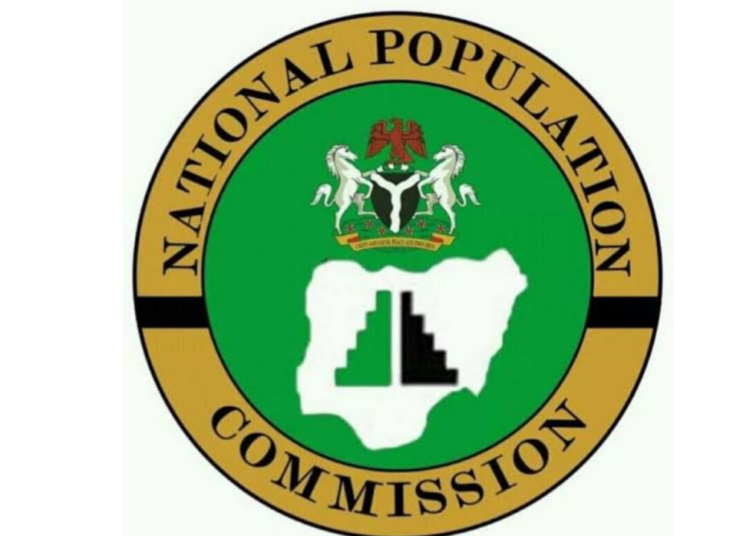In a bid to strengthen its health system, Nigeria has reaffirmed its commitment to achieving universal health coverage and promoting the well-being of all citizens, particularly vulnerable populations, as part of its contribution to global development goals.
The pledge was made by the Chairman of the National Population Commission (NPC), Hon. Nasir Isa Kwarra, during Nigeria’s national statement at the 58th Session of the United Nations Commission on Population and Development (CPD), held in New York from April 7 to 11, 2025.
Speaking on the theme “Ensuring Healthy Lives and Promoting Well-Being for All at All Ages,” Kwarra emphasized that health is a fundamental pillar of sustainable development and social progress.
“Our commitment to the 2030 Agenda, the ICPD Programme of Action, the Nairobi Commitments, and Africa’s Agenda 2063 remains unwavering,” he stated. “A healthy population is the foundation for building a strong, peaceful, and prosperous nation.”
Kwarra highlighted Nigeria’s rapid growth, with an estimated population of 227.6 million and a fertility rate of 4.8. With over 70 percent of the population under the age of 30, this demographic offers significant potential but also presents developmental challenges.
To address this, he pointed to Nigeria’s life-course approach to health, embodied in key initiatives like the Revised National Policy on Population for Sustainable Development (2022), the National Health Insurance Act (2022), and the Basic Health Care Provision Fund (BHCPF), all aimed at improving access to maternal, child, and primary healthcare across the nation.
He also spotlighted the domestication of the Violence Against Persons Prohibition (VAPP) Act in 34 states and the Federal Capital Territory, which aims to safeguard women and girls from gender-based violence, child marriage, and female genital mutilation.
In addition, Kwarra noted that Nigeria is making strides in integrating mental health into its healthcare framework through the National Mental Health Act and ramping up efforts to tackle both communicable and non-communicable diseases.
Despite the disruptions caused by the COVID-19 pandemic, Kwarra stated that the government is working diligently to build a more resilient health system, supported by increased domestic funding, local pharmaceutical production, and improved pandemic preparedness.
He concluded by calling for stronger global cooperation, particularly in access to medical technologies, vaccines, and sustainable health financing, stressing that Nigeria is committed to working with all stakeholders to ensure health and well-being for all.





